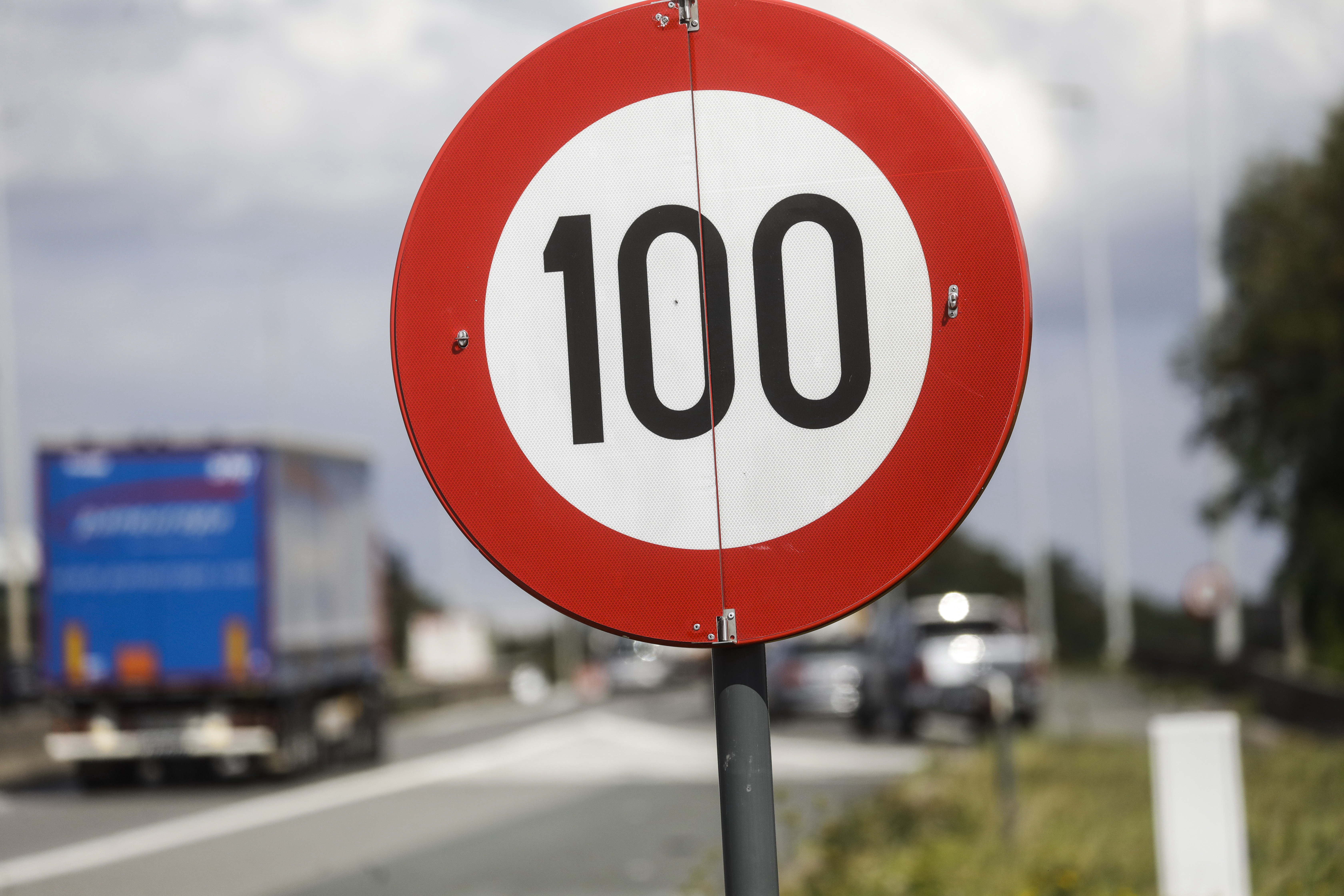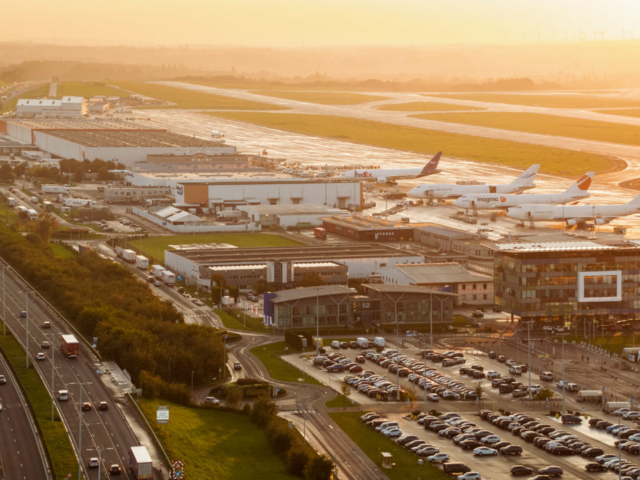Ecolo, the French-speaking Green party in Belgium, remains behind its choice for 100 kph on motorways in Belgium. At the Flemish Green Party, the proposal is no longer to be found in the 2024 election program. Coalition partner Ecolo does want to go full steam ahead with it, writes the newspaper La Dernière Heure, but the proposal, which was already raised a few years ago, has little chance of success, given the reluctance of the other parties.
Positive effects
According to Traffic Institute Vias, speed is responsible for 10-15% of all accidents and up to 30% of fatal accidents. It is also one of the reasons why, in France, for example, the speed limit on national roads was reduced to 80 kph. In Flanders, it was reduced to 70 kph, while in Wallonia, you can still drive 90 kph on national roads.
On some parts of the Brussels Ring Road in Flanders and Brussels, you are not allowed to drive faster than 100 kph, a measure that has positive effects on road safety and where the police gave a positive verdict.
Ecolo maintains the proposal in its new election manifesto, writes La Dernière Heure, even though this 100 kph limit is not mentioned by name. In contrast, the Flemish counterpart Groen only mentions “zero road deaths, with road safety as a top priority and a 30 kph speed limit in city areas.”
“The issue of road safety is essential,” the Ecolo election manifesto states. “In Belgium, one in three accidents is caused by excessive speed. To reduce the number of deaths and injuries on the road and to make life more pleasant in our neighborhoods, cities, and villages, we need to lower speed limits.”
The manifesto adds, “This will also contribute to the reduction of greenhouse gas emissions and noise pollution. This vision also involves reducing traffic speeds on motorways, in built-up areas, and on secondary roads, in consultation with the municipalities concerned.”
Lower consumption, better air
However, the proposal does not have much chance of success because no other French-speaking party has included it in its election program. Moreover, Walloon Road Safety Minister Valérie De Rue (MR) rejected it a few years ago, even though she was a partner of the Greens in the Walloon majority and the Walloon climate citizens’ panel proposed it.
In general, experts agree that a 100 kph speed limit on motorways leads to lower consumption (they drive 25% more economically), improved air quality, and less noise pollution for residents. In the Netherlands, where the speed limit was lowered in 2019 to 100 kph on the motorways between 6 am and 7 pm, they calculated that the risk of a fatal accident halved.
Flemish competent Minister Lydia Peeters (Open VLD) prefers dynamic signs for busy times. “Every road user is free to adapt his driving behavior to the so-called eco-driving principles such as changing gears faster, accelerating less, and braking on the engine. But I also want to keep the speed regime logical,” said Peeters.




Comments
Ready to join the conversation?
You must be an active subscriber to leave a comment.
Subscribe Today